
Who was Charlotte Mason and why should homeschoolers care?
Charlotte Mason is a name often mentioned in homeschooling circles, but many parents may still be unsure about who she was and how her educational philosophy can benefit their children. Whether you are new to homeschooling or have been at it for a while, feeling stuck or in need of a fresh perspective, understanding Charlotte Mason’s approach might be just the change you need.
The Beginnings of Charlotte Mason’s Educational Philosophy
Charlotte Mason was an educational reformer who developed a unique approach to learning, one that has had a lasting impact on education today. Born on January 1, 1842, she was deeply involved in education from an early age. After experiencing a home education and working in various schools, she founded the Parents’ National Education Union (PNEU) in 1887 to promote her educational philosophy. She believed that children were not passive recipients of information but eager learners, ready to engage with a rich and meaningful education.
Mason’s methods are centered around living books, hands-on learning experiences, and a holistic view of education that nurtures both the mind and character. Her work grew from a simple belief: children are capable of much more than we often give them credit for, and their learning should be engaging, thoughtful, and connected to real life.
The Life of Charlotte Mason
Charlotte Mason’s journey into education began after she was orphaned and raised by a guardian who saw the value of home education. Her passion for teaching led her to found the House of Education in Ambleside, where she trained governesses who would go on to teach children at home. Her educational model was grounded in the belief that home was the best place for children to learn, a concept that remains central to the Charlotte Mason method today.
Her educational philosophy, which includes nature study, living books, and an emphasis on character development, quickly gained traction. By 1891, the Parents’ Union School (PUS) was established, offering syllabi that parents could follow at home. This made Charlotte Mason’s principles accessible to homeschool families across the UK and beyond.
The Principles of Charlotte Mason’s Educational Philosophy
Charlotte Mason’s philosophy is built around a few core principles:
- Living Books Over Textbooks: Mason believed in using books that inspired and engaged children, not dry textbooks. Living books are rich in content, written in a way that brings subjects to life and encourages deep thinking.
- Nature Study: Mason emphasized the importance of observing and studying nature as a key component of a child’s education. Whether it’s exploring the outdoors or learning about the world’s ecosystems, nature study helps children develop curiosity and a lifelong love of learning.
- Character Development: Mason believed that education was not just about intellectual growth but also about shaping the whole person. Habits, moral education, and the development of a strong will were central to her philosophy.
- Child-Centered Learning: Rather than seeing children as passive recipients of information, Mason viewed them as active participants in their own education. Children, she believed, should be given the tools and opportunities to engage with ideas, think critically, and grow independently.
- Short Lessons and Real-Life Connections: Mason believed in the power of short, focused lessons, followed by time for reflection and connection. She also emphasized the importance of making education relevant to real life.
Why Homeschoolers Should Care About Charlotte Mason’s Philosophy
For homeschooling parents, Charlotte Mason’s approach offers an incredibly valuable framework for providing a rich, balanced, and engaging education. Unlike rigid, one-size-fits-all systems, her philosophy centers on personalized learning that fits the child’s interests, needs, and abilities.
One of the most compelling reasons to consider the Charlotte Mason method is its focus on living books, which foster a love of reading and encourage children to engage deeply with ideas. These books cover a wide range of subjects—from history and geography to science and literature—and are carefully chosen to be engaging, thought-provoking, and inspiring.
Another reason to embrace Mason’s philosophy is its emphasis on character development. As a homeschooler, teaching your children not just academic skills but also virtues like patience, responsibility, and perseverance is essential. This holistic approach prepares children not only for school but for life.
A Practical Approach to Charlotte Mason’s Philosophy
Charlotte Mason’s approach is not just a set of theoretical ideas. She provided practical methods for parents to implement in their homeschools. Through the Parents’ Union School and her books, Mason gave detailed guidance on how to structure lessons, choose books, and teach various subjects. Her approach is not rigid but encourages flexibility and creativity, allowing parents to tailor the education to their child’s unique needs and interests.
For homeschooling parents, this method is not only a way to educate but also a way to nurture a love of learning that lasts a lifetime. By providing a feast of ideas and experiences, Mason’s philosophy empowers parents to create a living education that develops both the mind and the character of their children.
Why Is Charlotte Mason’s Philosophy Still Relevant Today?
Charlotte Mason’s ideas have endured for over a century because they provide a balanced, effective, and humane approach to education. In an age of information overload and standardized testing, Mason’s approach offers a refreshing alternative. It emphasizes individual growth, character building, and creative thinking, all of which are essential for success in today’s world.
Her ideas are not just for homeschoolers but are increasingly being adopted by traditional schools and educators worldwide. Many modern educational movements draw inspiration from Mason’s principles, demonstrating their timeless relevance.
Conclusion
Charlotte Mason’s legacy has had a profound and lasting impact on the homeschooling world. Her philosophy encourages parents to provide their children with a well-rounded education that nurtures the mind, body, and spirit. Through living books, nature study, and a focus on character development, her approach offers a unique way to teach children that has withstood the test of time. Homeschooling parents who embrace Charlotte Mason’s methods can create a rich, inspiring educational environment that fosters a lifelong love of learning.
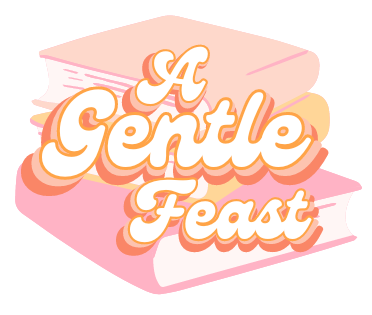
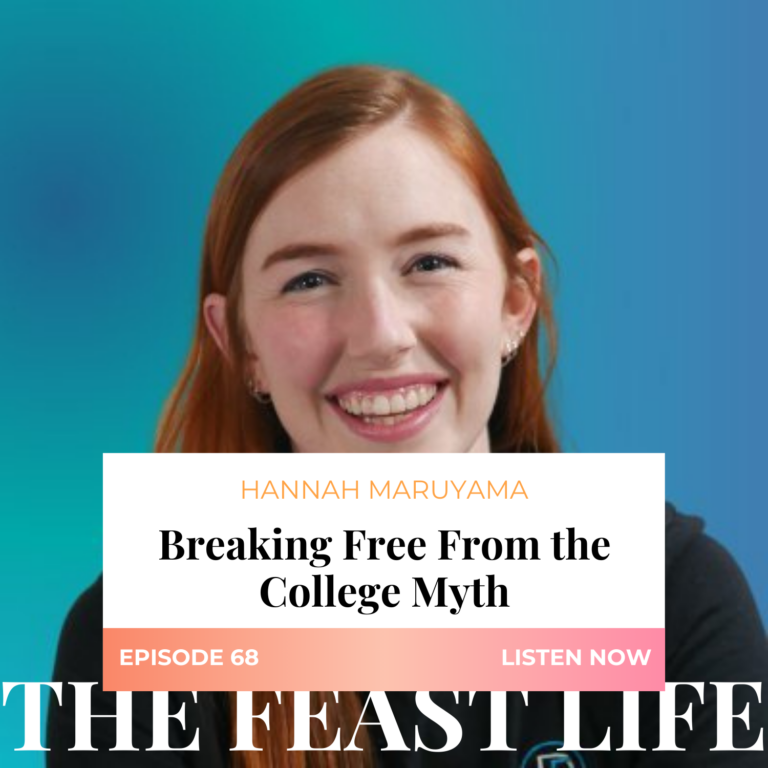

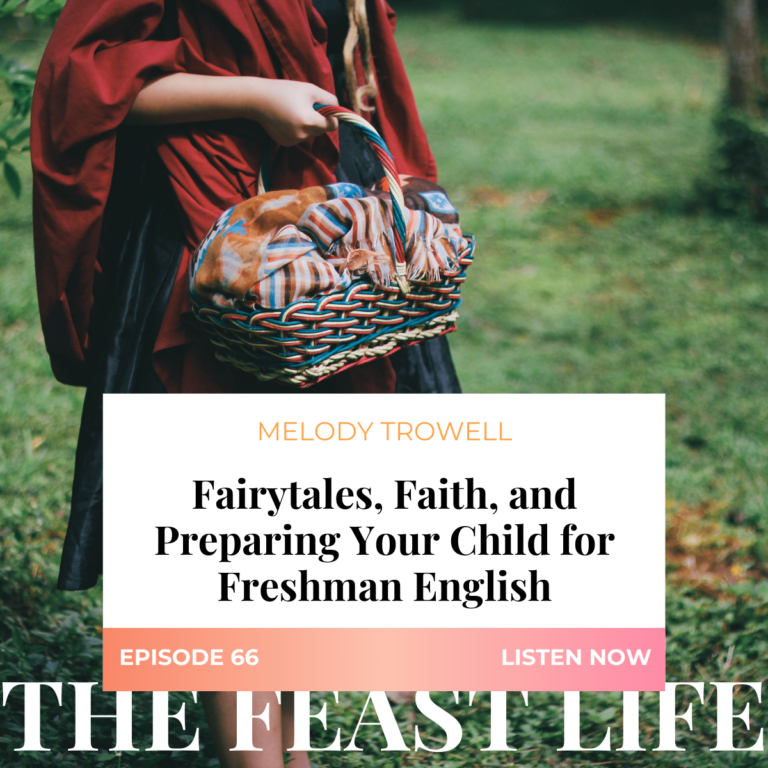
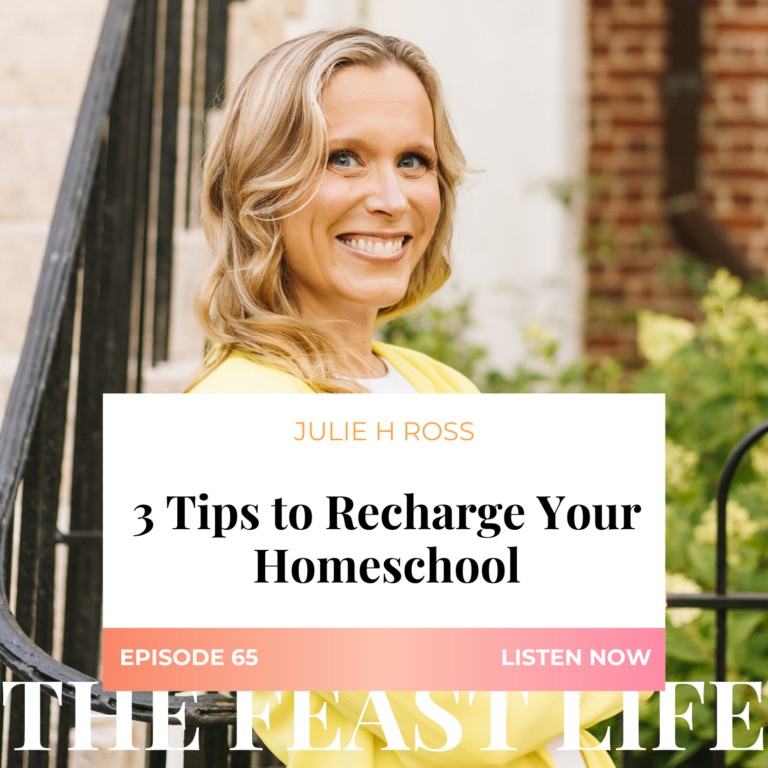
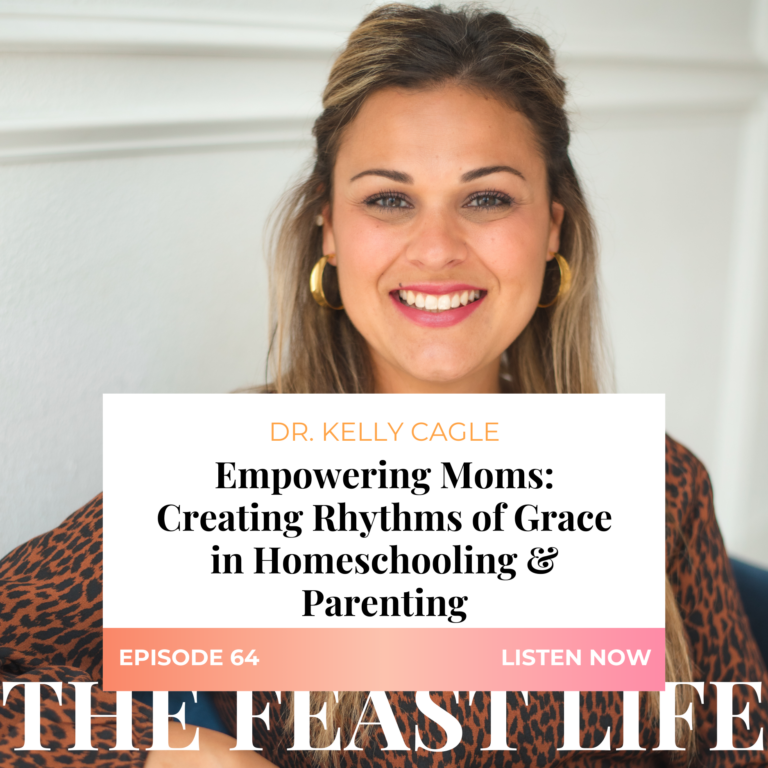
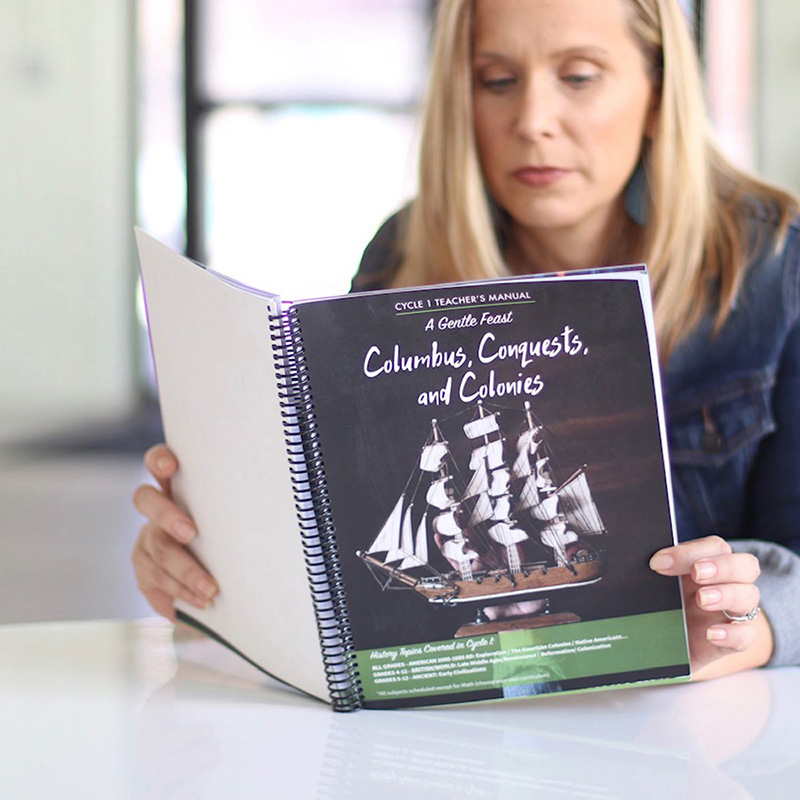



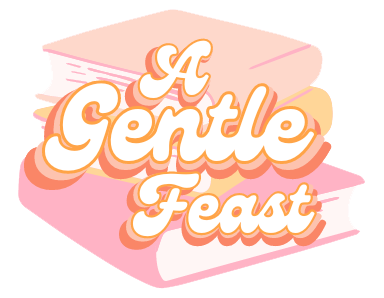
3 Comments
Thank you so much for sharing.I have found it extremely helpful…
Good Explanation
I want to know more